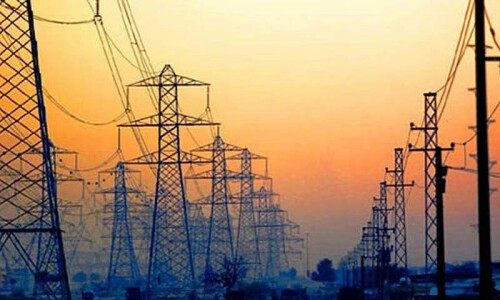ARTIFICIAL intelligence (AI) inno-vations like ChatGPT may well be seen as disruptive interventions to academic integrity because they have the potential to make it easier for individuals to obtain information and answers to questions without having to engage in original research or critical thinking.
This may lead to a situation where students and other individuals are more likely to copy information or present someone else’s work as their own, which would undermine the principles of academic integrity. While ChatGPT and other AI models can have many benefits, they also have the potential to have a negative impact on creativity and critical thinking capacity of the students to an undesirable extent.
This can result in decreased motivation about learning in its true and desired spirit. If individuals can access infor-mation and answers easily through ChatGPT and similar platforms, they would surely be less motivated to engage in the hard but intellectually stimulating task of learning and thinking.
The individuals may not see the value in investing time and resources in traditional education, and will be even less motivated to pursue academic or research-based careers. This will lead to a lack of originality, and in due course of time it is bound to disturb the social equilibrium. The developing world will be hit particularly hard in this regard.
ChatGPT and similar models can generate vast amounts of information, but this information may not always be original or creative. If individuals simply repeat or repackage this information, they may not develop the skills of original thought and creativity that are essential for academic and professional success. Such innovations can quickly generate vast amounts of information, and that adds to the concerns that they may replace human expertise in various fields.
To respond to these challenges and with AI innovations becoming more accessible and advanced, there have been concerns about their potential impact on academic integrity, including the risk of AI-based plagiarism.
In response, a number of universities across the world have taken action to prevent AI-generated content from being used in a manner that may undermine the process of academic research.
Others have implemented techno-logical solutions, such as plagiarism detection softwares, to identify and prevent such content from being used in academic work. Additionally, some universities have established clear policies and guidelines for the use of AI-generated content in academic work, making it clear what is and is not acceptable. These policies include restrictions on the use of AI-generated content in assignments and assessments, as well as penalties for students who violate such policies.
The goal of all these actions is to ensure that academic work remains original and reflects the knowledge and skills of a particular student. By taking these steps, universities hope to promote academic integrity and maintain the quality of their programmes.
It is, therefore, important for universities and educational institutions in Pakistan to consider these potential impacts, and take action to minimise the negative consequences while maximising the benefits of AI. This could include educating students about academic integrity, implementing technological solutions to detect plagiarism, estab-lishing clear policies for the use of AI-generated content, and encouraging responsible and ethical use of these technologies in academia.
By taking these steps, institutions may help ensure that academic work remains original and of high quality. This will promote academic integrity and advance the cause of education.
Dr Muhammad Naveed
Lahore
Published in Dawn, March 4th, 2023













































Dear visitor, the comments section is undergoing an overhaul and will return soon.